As a kid during the heyday of the American road trip, it helped to have two parents who each knew their way around a map. For my mom and dad, navigating the 50 states by maps came instinctively to them. I don’t remember ever once getting lost, though my mom did have to occasionally nudge my dad, who was prone to falling asleep behind the wheel.
We drove from Michigan to California on a trip that lasted for weeks, stopping at various sites along the way, including the Grand Canyon and Las Vegas. And we explored the state of California by car, visiting beautiful parks and lush rural farmlands. It was a family trip that I’ll never forget, and because both of my parents were map literate, everything went smoothly.
Alas, I did not inherit a map-navigation gene from either of my parents. In fact, I once headed out from Lansing, Michigan for a business meeting in downtown Detroit…and ended up at the Zilwaukee Bridge.
As a directionally-challenged woman, I happen to think that GPS devices are the greatest thing since sliced bread. I can’t imagine navigating the world without them.
What Donor-Centered Fundraising Is (and Isn’t)
You can think of donor-centered fundraising as your personal GPS device. It can put you on the right path and provide you with direction when it comes to interacting with your organization’s supporters.

Photo by Dan Chung on Unsplash
Simply put, when you shift your focus from lack and need, to joy, opportunity, and building lasting relationships, the money will follow. Imagine programming in your destination and starting out from Madison, Wisconsin. You’re headed to Jefferson City, Missouri. You reach Iowa City when suddenly, you decide that you’re not happy with where you are and turn around to head back.
Truth be told, that’s exactly what I see many organizations doing. They claim to “try” donor-centered fundraising (throwing a few more “yous” into their letters)…and then move on to creating their next event. The reality is, donor-centered fundraising is not something you try on for kicks. It’s the way forward, for both your organization and your donor relationships, and it’s a way to achieve the kind of results you want to see.
And mastering what it means to be donor-centered goes far beyond counting the “yous” in your fundraising copy. It means providing solid donor care. Surveying donors. Soliciting their feedback, and their stories. Creating opportunities for engagement. Communicating both consistently and well.
The same goes for your foundation funders. Treat them like the friends that they are and don’t make them ask for your grant report. Treat your website visitors like they’re making a difference. When you see a chance to open communication, take it, and keep your eye on the long-term. Bright shiny objects may appear closer than they are. When you waste valuable time in pursuit of them, you’re not only missing the point, you’re getting way off track. Until your donation process can pass the *mystery shopping* test, you don’t need to be thinking about the next social media tool.
Handling Setbacks
With this kind of focused mindset, if you go into work to find that declination letter from the XYZ Foundation on your desk (you were counting on that grant!), you’ll know that this is a temporary setback. You won’t dejectedly declare, “Grants aren’t for us. We’ve sent out 11 applications and this is our fifth declination!”
You won’t view it as a failure.
Instead, you’ll realize that you’re on the right road and arriving at the destination you want takes some time. You might even view that rejection as an opportunity.
This is all assuming that you have, in fact, programmed in your destination. Doing so means you’ve taken some initiative and developed a solid plan and worked that plan. (You’d be surprised at how many organizations I’ve talked to who, when you ask them how much money they want to raise, respond with “a lot.”
Shifting gears from a focus on lack and need to one of joy, opportunity, and building lasting relationships takes dedication, commitment, and cooperation from everyone at your organization. But the results are so worth it. The money will follow. You will reach your destination.
I promise.
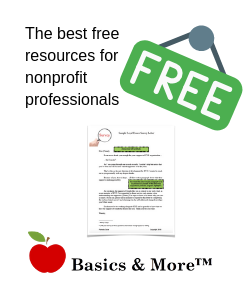
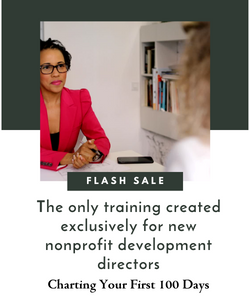
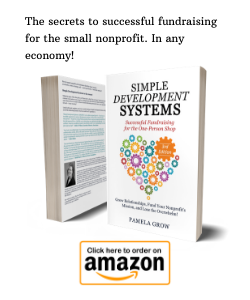
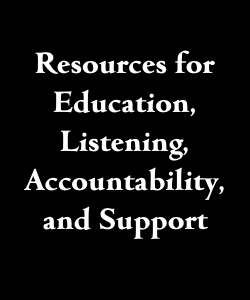
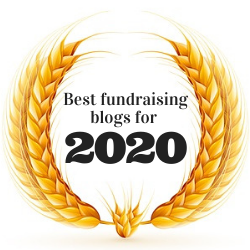
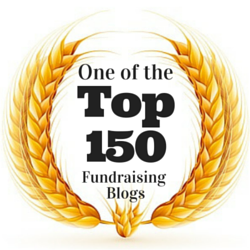
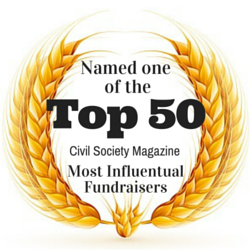
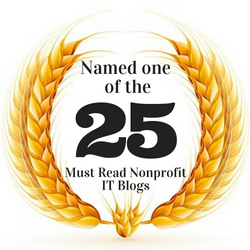
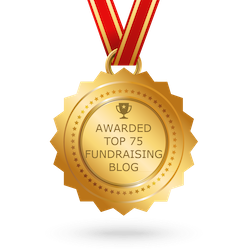
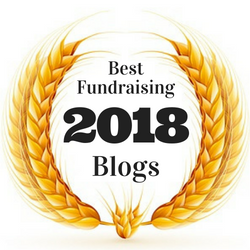
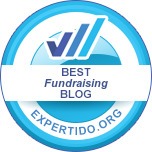
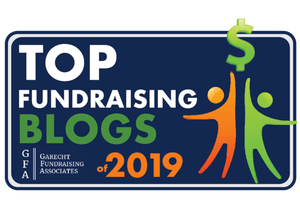
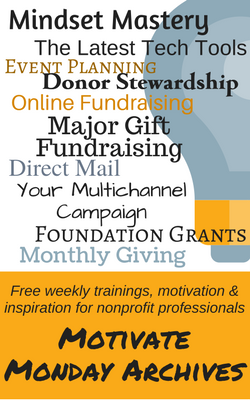
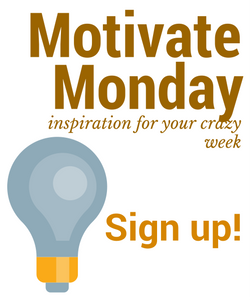
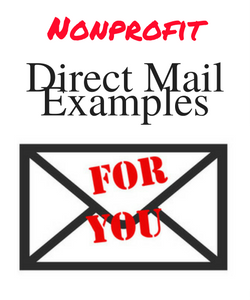
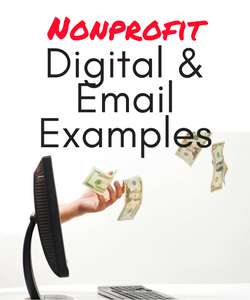

 I can’t wait to meet with you personally.
I can’t wait to meet with you personally.
Comments on this entry are closed.